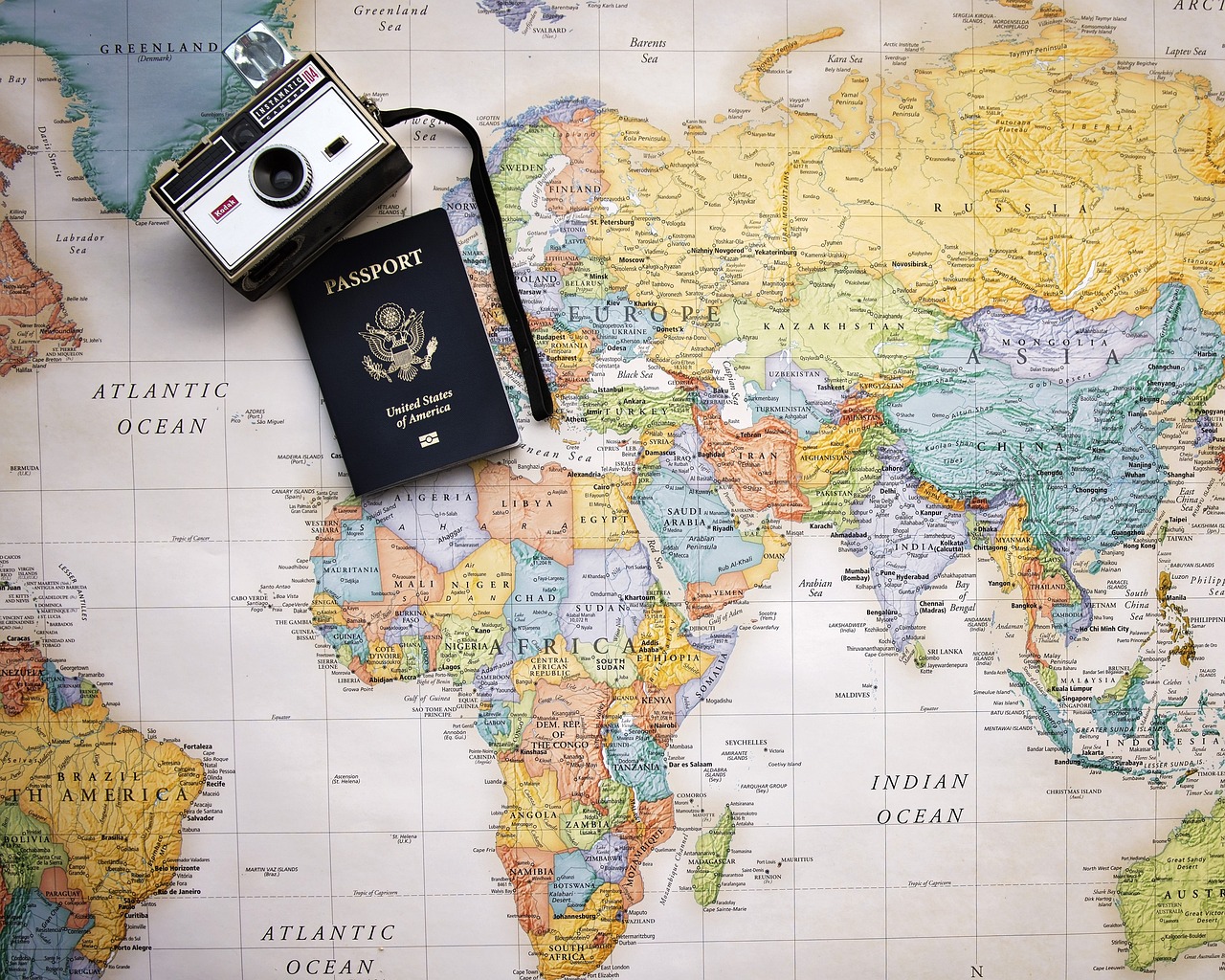The impact of sports on tourism and local economies.

The interplay between sports, tourism, and local economies is an intricate dance that involves perfect coordination and timing. Sports have long ceased to be just about the thrill of the match. Today, they are a multi-billion dollar industry, driving travel, tourism, economic growth, and community development in cities and towns around the world. Harnessing the economic impact of sports-related tourism has become a key strategy for many communities aiming to boost local spending and revenue generation.
The Economic Power of Sports Events
Perhaps you’ve never considered the economic footprint of sporting events. They are more than just a game; they are catalysts for significant economic activity. Revenue generated from sports events can be a significant boost to local economies, and a study in this area can reveal interesting insights.
En parallèle : How Can Smart Fabrics and Wearables Enhance Training Feedback for Athletes?
Sports events attract thousands of spectators to a city, necessitating accommodation, meals, entertainment, and transportation. All these requirements contribute to a surge in local spending, driving up the revenue for businesses in the host city.
Further, sports events often require infrastructure development, such as the construction or upgrading of stadiums and training facilities. This development leads to job creation, both in the short-term construction phase and the long-term maintenance and operation of these facilities.
Dans le meme genre : The evolution of sports analytics and its influence on game strategy.
Consider the case of the Olympic Games. Every four years, a city invests billions into infrastructure development, creating jobs and boosting the local economy in the process. The influx of tourists during the event itself further stimulates economic activity. This is a clear example of the power of sports events in driving economic growth.
The Role of Sports in Tourism
When we think of tourism, we mostly think of leisurely beach vacations or cultural city tours. However, sports tourism has carved a niche for itself, becoming one of the fastest-growing sectors in the tourism industry.
Sports tourism includes travel related to watching sports events, participating in sports or fitness activities, or visiting sports attractions, such as halls of fame and iconic sports venues. Sporting events attract large numbers of tourists to the host city, leading to increased revenue from hotel bookings, restaurant sales, and other local businesses.
The youth sector has become a significant contributor to sports tourism. Young athletes often travel to other cities or countries for tournaments and competitions, often accompanied by family members or supporters. The travel and accommodation expenses of these individuals represent a significant economic impact on the host communities.
Moreover, sports tourism is not limited to the duration of a particular event. The reputation of a city as a sports destination can attract tourists throughout the year. For example, cities that host marathons often see increased tourism activity related to running in the months leading up to and following the event.
The Impact on Community Development
The effects of sports on a community go beyond economic metrics. Sports can be a powerful tool for community development, fostering a sense of local identity and pride.
The success of a local sports team can boost community morale and increase civic pride. Local sports events can also foster social cohesion, providing a common interest and shared experiences for the community.
Moreover, the development of sports facilities often leads to increased opportunities for recreation and physical activity. This has a positive impact on the health and wellbeing of the community, especially among the youth.
Sports development programs can also provide opportunities for youth to learn key life skills, such as teamwork, leadership, and discipline. These programs can play a critical role in youth development, contributing to the overall social fabric of the community.
The Balancing Act of Sports and Local Economies
While the economic impact of sports can be significant, it’s crucial to approach the relationship between sports, tourism, and local economies with a balanced perspective.
While sports events can stimulate local economies, they can also place significant pressure on local resources and infrastructure. Cities must carefully consider the potential costs and benefits of hosting large-scale sports events, including the implications for local residents, the environment, and the long-term sustainability of the city.
As such, cities are increasingly turning to sustainable sports tourism strategies, aiming to balance the economic benefits of sports tourism with the needs and wellbeing of their communities. These strategies may include promoting environmentally-friendly practices at sports events, investing in sustainable infrastructure, and engaging local residents in planning and decision-making processes.
The power of sports to stimulate economic activity and drive tourism is undeniable. However, it’s the careful planning and strategic management of this relationship that will ensure the positive impacts of sports are truly felt by the local economies and communities they serve.
Sports Tourism and Direct Spending
The notion of sports tourism is increasingly gaining traction globally. It’s easy to see why, given its potential to generate direct spending in local economies. This spending is not restricted to tickets for the sporting events themselves. It covers a wide array of areas such as accommodation, food, transport, and even souvenirs – all contributing to the economic impact of sports tourism.
Take for instance the phenomenon of youth sports tourism. Young athletes frequently travel with their families to participate in tournaments in different cities or even countries. This results in significant direct spending in the hosting communities, thereby boosting their economies. The money spent on hotel stays, meals, transport, and leisure activities all add up, creating a considerable ripple effect.
The impact of sports tourism on direct spending is not limited to the duration of the sporting event. Cities known for hosting prestigious sports events often become tourist attractions in their own right. For instance, marathon cities often witness a surge in tourism activities related to running throughout the year, not just leading up to the event. This continuous flow of tourists provides a steady stream of revenue to local businesses, contributing to economic growth and development.
However, it’s important to remember that while sports tourism can lead to an influx of direct spending, it’s crucial to manage this influx responsibly to ensure sustainable development. This involves making mindful decisions about infrastructure development and the use of local resources.
Balancing Sports Tourism and Sustainable Development
The intersection of sports, tourism, and local economies can be a lucrative one. However, it also presents challenges. The pressure that large-scale sporting events place on local resources and infrastructure can be significant. For sustainability, it’s imperative that cities balance the economic benefits of sports tourism with the needs of their communities and the environment.
One way to achieve this delicate balance is by promoting environmentally-friendly practices at sports events. This could involve anything from ensuring proper waste management and recycling at venues to encouraging public transport use to reduce carbon emissions.
Investing in sustainable infrastructure is another key strategy. This might entail constructing or upgrading sports facilities in a manner that minimizes environmental impact. For example, stadiums could be designed with energy-efficient systems or built using environmentally-friendly materials.
Community engagement is another vital aspect of sustainable development. Local residents should be involved in the planning and decision-making processes for sporting events. This ensures that their needs and concerns are taken into account, fostering a sense of ownership and pride in the community.
Moreover, promoting sports tourism should not come at the expense of other forms of tourism. Cities should strive for a diverse tourism industry that caters to various interests, ensuring a steady flow of tourists and income throughout the year.
In conclusion, the relationship between sports, tourism, and local economies is a complex one. The power of sports to stimulate economic activity and boost tourism is undeniable. But it requires careful planning and strategic management to ensure the benefits are sustainable and truly felt by the local communities they serve. The ultimate goal should be to harness the economic potential of sports tourism in a way that fosters local development and contributes to the wellbeing of the community.
